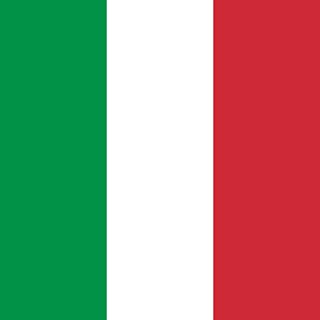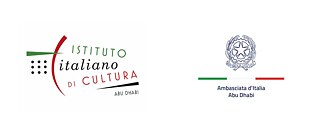After the fall of the Western Roman Empire (476 A.D.), Latin remained for a long time the only language of written communication, the only one used in literature and official documents.
For the spoken language, however, the situation is very different. Even before the fall of the Empire (3rd-4th centuries), Latin was no longer so widespread at a popular level and was no longer the mother tongue of anyone. Only the upper classes and the religious continue to use Latin.
What language was spoken at home, among friends and in everyday life? The vernacular, literally "the language of the people".
From the VI-VII century onwards, then, the vernacular (which in reality is not a single language spread throughout the entire territory of the former Empire, but there are several in each region) began to spread widely; the first to use the vernacular in public situations were notaries, merchants and religious, to make their sermons more comprehensible. While Latin remains the official language of the Church, the vernaculars become a fundamental means of spreading the Catholic religion, and the religious make extensive use of it.
The vernacular, born at the end of the Empire as the language of the people, around the year 1000 became the language of commerce and religious propaganda, but only from the 13th century onwards did it become a literary (and therefore written) language. From here the Italian language was born.
italiano
Dopo la caduta dell’Impero romano d’Occidente (476 d.C.), il latino rimane a lungo l’unica lingua della comunicazione scritta, la sola a essere utilizzata in letteratura e nei documenti ufficiali.
Per la lingua parlata, tuttavia, la situazione è molto diversa. Già prima della caduta dell’Impero (III-IV sec.), infatti, il latino non è più così diffuso a livello popolare e non è più la lingua madre di nessuno. Solo le classi alte e i religiosi continuano a usare il latino.
Che lingua si parlava, invece, in casa, tra amici e nella vita quotidiana? Il volgare, letteralmente “la lingua del volgo”, cioè del popolo.
A partire dal VI-VII secolo, poi, il volgare (che in realtà non è una sola lingua diffusa su tutto il territorio dell’ex Impero, ma ce ne sono diversi in ogni regione) inizia a diffondersi in maniera capillare; i primi a usare il volgare in situazioni pubbliche sono i notai, i mercanti e i religiosi, per rendere più comprensibili le loro prediche. Mentre il latino rimane la lingua ufficiale della Chiesa, i volgari diventano un mezzo fondamentale per la diffusione della religione cattolica, e i religiosi ne fanno largo uso.
Il volgare, nato alla fine dell’Impero come lingua del popolo, intorno all’anno mille diventa la lingua del commercio e della propaganda religiosa, ma solo a partire dal XIII secolo si impone come lingua letteraria (e quindi scritta). Da qui nascerà la lingua italiana.
Would you like to learn qualche parola (a couple of words)?
Would you like to hear the beginning of the Divine Comedy book, written by Dante Alighieri in 1300 (A.C.)?
How about pasta with the 3 colors of the Italian flag?
![]()
![]()

